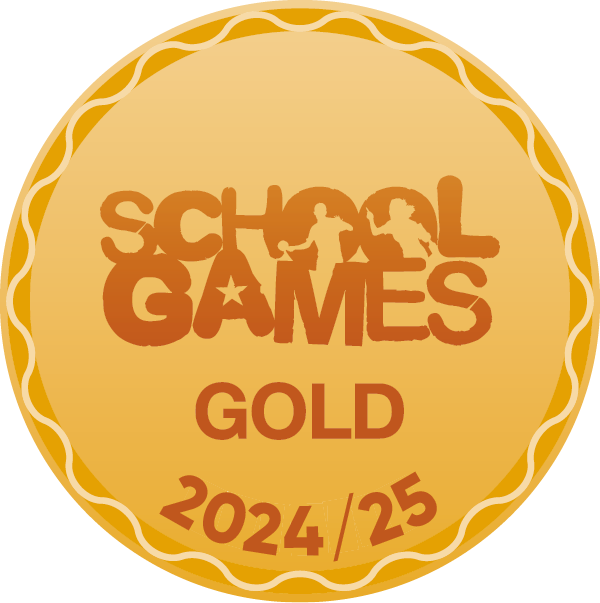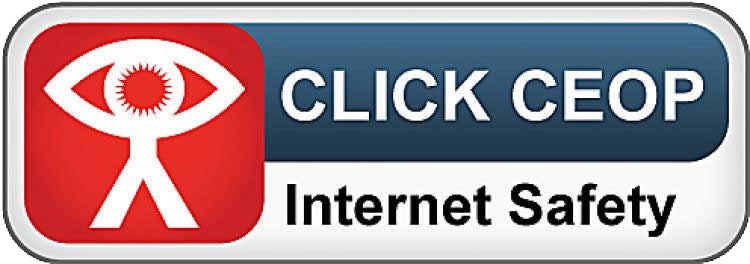Religious Education
As a Voluntarily Aided Church of England school, St Mark’s places a great emphasis on the importance of RE as contributing to the development of the whole person.
Curriculum Statement
At St Mark’s CE Primary School, we strive to provide an environment where pupils are able to explore challenging questions about the ultimate meaning and purpose of life, beliefs about God, themselves and the nature of reality, issues of right and wrong and what it means to be human. Through developing the pupils’ knowledge and understanding of Christianity, and principal religions, religious traditions and other world religions they explore views that offer answers to these big questions. The RE Curriculum provides opportunities for personal reflection and spiritual development alongside enhancing pupils’ awareness and understanding of religions and beliefs, teachings and practices and looks the influence of religion on individuals, families, communities and cultures. Pupils develop their sense of identity and belonging enabling them to flourish individually within their communities and as citizens in a pluralistic society and within a global community. Religious Education has an important role in preparing pupils for adult life, employment and lifelong learning.
Intent
At St Mark’s Hadlow Down CE Primary, we believe that religious education (RE) plays an important role in defining the school’s distinctive Christian character and makes a valuable contribution to the ethos and vision of our school ‘where everyone flourishes’. Pupils experience Christianity through the life of the school, as well as when taught through the curriculum. The skills, values and attitudes developed in RE are at the heart of a cohesive community where the children are encouraged to have a positive sense of identity and to better understand the world around them.
We place value on the vital role of RE in developing religious literacy and deepening pupils understanding of Christianity and other faith traditions and beliefs. Our intent is to ensure that pupils are well equipped to make connections between religious concepts and beliefs and develop their own spirituality and judgements that are rooted in well reasoned and informed knowledge of religion. We aim to ensure that the RE curriculum is challenging, dynamic and relevant to pupils of all ages and one that drives creativity, imagination, enquiry, debate, and independence. We encourage the children to ask questions to develop their critical thinking and understanding of the religions and beliefs which form our society and to reflect on their own responses values. Our R.E. curriculum is designed to develop compassionate individuals who think and act with respect and with understanding of the views of others.
Implementation:
At St Marks, we follow the East Sussex Agreed Syllabus for RE. We seek to develop the children’s knowledge and understanding of some of the major world faiths, and we address the fundamental questions in life, for example, the meaning of life and the existence of a divine spirit. We enable children to develop a sound knowledge of Christianity and to explore aspects of some other world religions. Children reflect on what it means to have a faith and to develop their own spiritual knowledge and understanding. We help the children learn about religion (knowledge and understanding) and from religion (response, evaluation, application).
During their time at St Marks, children have the opportunity through RE to do the following:
- Develop their knowledge and understanding of the Christian faith and of other principal religions (KS1 – Judaism and Islam, KS2 – all world religions covered in a rolling programme)
- Respond to the ideas, beliefs and feelings of Christianity and some other principal religions
- Understand the influences of faith individuals on societies, communities and cultures
- Develop enquiry and response skills
- Explore what it means to have a faith
- Develop their sense of identity and belonging
- Reflect on, analyse and evaluate their own beliefs, values and practices
- Consider questions of meaning and purpose in life
- Respect people with different beliefs, values and traditions
- Make reasoned and informed judgements on religious and moral issues
The purpose of RE is not to urge religious beliefs on children nor to compromise the integrity of their own belief.
Teaching is planned on an enquiry basis using the agreed syllabus and the REToday resources. A question is posed to frame each unit of work (for example ‘How does believing Jesus is their Saviour inspire Christians to save and serve others?’ (Lower KS2) or ‘How do questions about Brahman and atman influence the way a Hindu lives?’ (Upper KS2))
RE is taught weekly at St. Marks.
In Key Stage 1, children’s work is recorded in a class book and an individual book – this contains photographs of drama work, pictures the children have drawn, short pieces of writing they have done, and quotes of what the children have said (scribed by the teacher). These books are available for the children to use in classroom reflection areas.
In Key Stage 2, children work in individual RE books. The work consists of photos of drama work, poster designs, analysis of pictures and Bible verses as well as longer pieces of writing.
Classrooms or school open spaces have opportunities for Christianity-based reflection.
Staff are supported by the RE subject leader to ensure they are confidently and creatively delivering the RE curriculum. Both teaching, learning and assessment is monitored by the subject leadership team and professional development materials and training cascaded to drive forward improvements in the subject.
We track individual pupil’s progress through the use of statements, whilst also bearing in mind that the statements do not cover all aspects of teaching and learning in RE. For example, pupil’s personal views and ideas are not subject to formal assessment, and yet are central to good RE.
Progress in RE is reported annually to parents and has a prominent position in the end of year report.
Impact:
Children leave St Mark’s:
- with an ability to respond to, Christianity, other principal world religions, other religious traditions and world views;
- understanding and respecting different religions, beliefs, values and traditions, through exploring issues within and between faiths;
- understanding the influence of faith and belief on individuals, societies, communities and cultures;
- with the skills of enquiry and response through the use of religious vocabulary, questioning and empathy;
- with the skills of reflection, expression, application, analysis and evaluation of beliefs, values and practices, and the communication of personal responses to these.
- having considered challenging questions of the meaning and purpose of life; beliefs about God, the self and the nature of reality, issues of right and wrong and what it means to be human.
- having learnt about religious and ethical teaching, enabling them to make reasoned and informed responses to religious, moral and social issues;
- with a developed sense of identity and belonging, preparing them for life as citizens in a plural, global society;
- having developed respect for and sensitivity to others, in particular those whose faiths and beliefs are different from their own.
Progression Documents

 St Mark's
St Mark's

